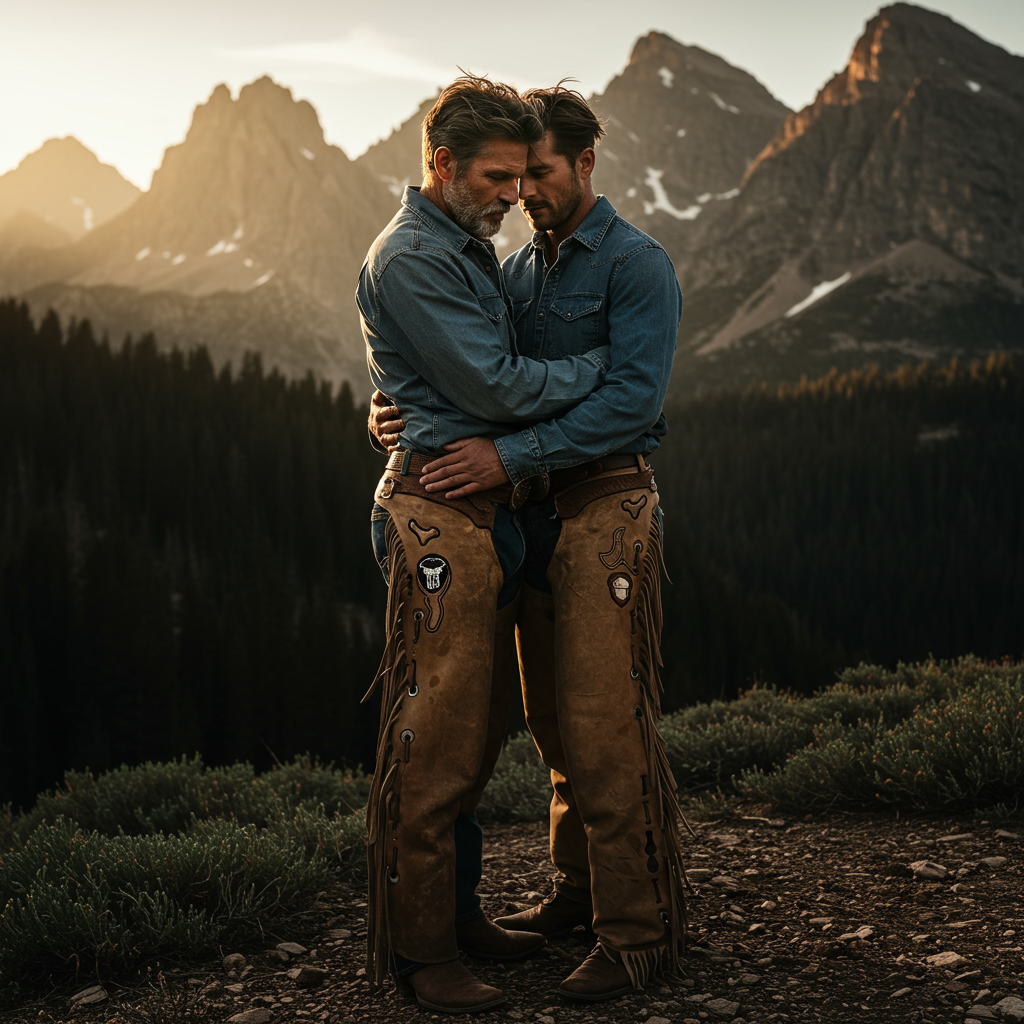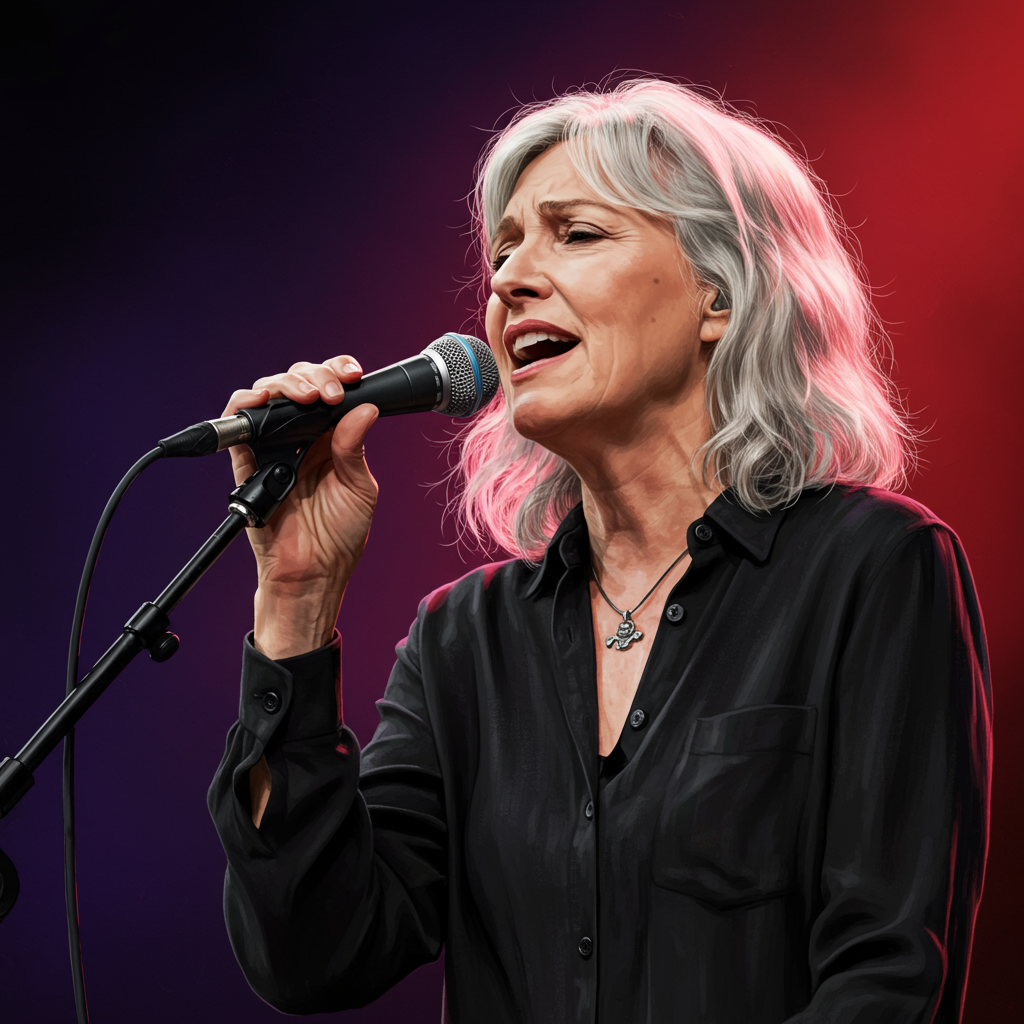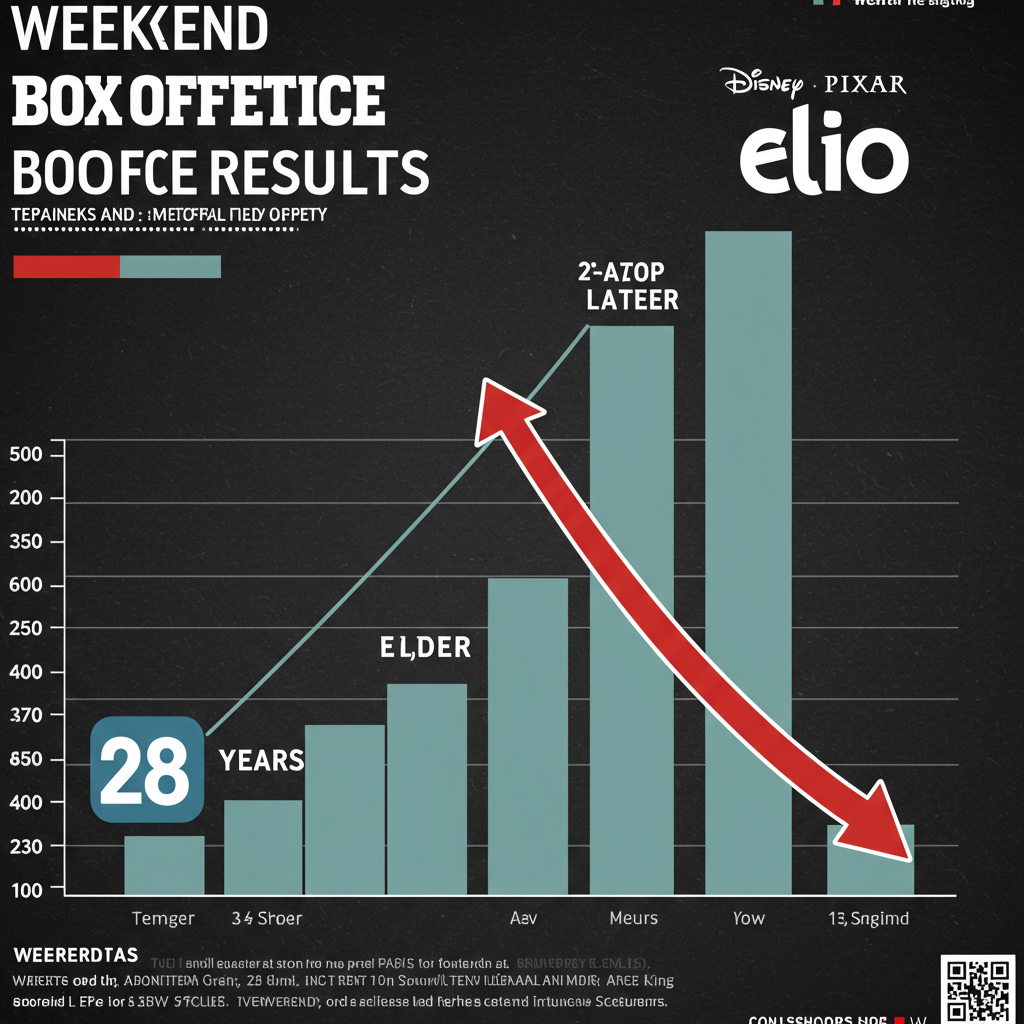Twenty years ago, Ang Lee’s landmark film Brokeback Mountain arrived in cinemas, telling the tender, heartbreaking story of a forbidden love between two male sheep herders. Against all odds, it broke through into mainstream consciousness, earning the often-reductive label “the gay cowboy movie,” and fundamentally challenged both Hollywood’s conventions and American perceptions of LGBTQ+ relationships on screen.
Few films with queer subject matter achieve the widespread recognition Brokeback Mountain did upon its release in 2005. Even outside of cinephile circles, people knew about the film, its stars Heath Ledger and Jake Gyllenhaal, and the subsequent outcry when it controversially lost the Best Picture Oscar to Crash – a film now frequently cited among the Academy’s less celebrated choices. Despite this, Brokeback Mountain secured three Oscars, including a prestigious Best Director award for Ang Lee, cementing its place as a crucial touchstone in queer cinema.
The film’s enduring impact is undeniable. Recent comparisons of Paul Mescal’s upcoming romantic drama The History of Sound to Lee’s “tender neo-Western” underscore how deeply Brokeback Mountain remains embedded in the cultural landscape. To mark its 20th anniversary, the film is even returning to US cinemas for a limited run.
A Story That Broke New Ground
Adapted by screenwriters Larry McMurtry and Diana Ossana from Annie Proulx’s 1997 short story, Brokeback Mountain was a remarkably novel proposition for early 2000s Hollywood. According to experts like Tim Teeman, author of In Bed With Gore Vidal, and queer film critic Manuel Betancourt, the sheer fact that the film starred handsome, A-list male actors in a romantic lead dynamic was groundbreaking. Its critical and box office success felt, to Betancourt, like the dawn of a “new era of gay representation” in mainstream film.
Film guide author Kyle Turner highlights how, with its starry cast and acclaimed director, Brokeback Mountain profoundly altered the landscape of LGBTQ+ storytelling in the mainstream. Unlike many mainstream queer films of the 1990s, which often gravitated towards AIDS-related dramas (Philadelphia) or light comedies (The Birdcage), Brokeback Mountain carved out a unique niche. It presented a “straightforward and serious” romantic drama centered on a same-sex couple, lending “newfound respectability” to such narratives within the studio system.
Facing Challenges On Screen and Off
The story unfolds in rural Wyoming starting in 1963. Ennis Del Mar (Ledger) and Jack Twist (Gyllenhaal) are hired as sheep herders. An audacious scene for mainstream cinema in 2005 depicts their first sexual encounter in a tent, fueled by moonshine. Producer Diana Ossana recalled the visible discomfort this scene caused when she attended screenings in more conservative US states: “In every theatre, people would leave,” she observed, noting that after that specific moment, “five or six people would get up to leave” consistently.
The film chronicles two decades of Ennis and Jack’s lives, marked by their clandestine encounters during sporadic “fishing trips” while both men marry women and raise families. Ennis marries Alma (Michelle Williams), and Jack marries Lureen (Anne Hathaway). While they face external homophobia – such as a rancher using a veiled insult towards gay men – the narrative powerfully portrays Ennis’s internalized homophobia as the ultimate barrier to their potential happiness, reflecting the deeply restrictive social norms of the era, despite the emerging counterculture of the 1960s.
The Eight-Year Battle to Get Made
Bringing Brokeback Mountain to the screen was an immense challenge, fraught with thinly-veiled homophobia within Hollywood itself. After securing the rights to Proulx’s story, Ossana and McMurtry penned the screenplay quickly, but it took nearly eight years to find a studio willing to produce it.
A major obstacle was casting. Numerous prominent young actors hesitated or outright declined the roles of Ennis and Jack. Ossana noted that despite widespread praise for the script, actors and directors often found the subject matter “too difficult.” Many representatives reportedly advised their clients that taking on a gay role was “career suicide.”
The list of actors considered was extensive, with Gus Van Sant at one point attached to direct with Matt Damon and Joaquin Phoenix eyed for the leads. Mark Wahlberg was also among those considered.
Producer Diana Ossana specifically championed Heath Ledger for the role of Ennis. However, the studio, Focus Features, initially had reservations, deeming him “not macho enough” to play a cowboy character. It was only after another actor, who had been attached for six months, dropped out that Ossana returned to Ledger’s team. Ledger ultimately accepted the part, reportedly encouraged by his then-girlfriend, Naomi Watts, who recognized the script’s power and its potential impact. Ledger himself later told Ossana how much he loved the script, calling it “the most beautiful script I’ve ever read.” Ossana characterized the process of securing Ledger as a “battle” but one that was ultimately “worth it.”
While studio executives worried about Ledger’s perceived lack of traditional masculinity, experts like Kyle Turner suggest that Ennis and Jack’s conventional presentation actually helped the film permeate the mainstream. Manuel Betancourt adds that the film’s success stemmed partly from its ability to operate within familiar genres like the Western and melodrama, injecting them with new life by centering a love story between two men.
A Complex, Enduring Legacy
Brokeback Mountain also adheres to a common Hollywood trope: the depiction of “queer love as beautiful but doomed,” as noted by Tim Teeman. This is tragically underscored by Jack’s ambiguous death. While his wife tells Ennis it was a tire explosion, Ennis vividly imagines his lover brutally murdered in a homophobic hate crime – an all-too-believable fate for the time.
The film’s place in cinema history is both assured and complex. It was selected for preservation in the US National Film Registry for its cultural significance. Yet, within queer film discourse, its legacy is viewed by some as “singular but limiting,” focusing as it does on two closeted men who “pass” as straight in their daily lives.
Its long-term impact on consistent LGBTQ+ representation in Hollywood remains debated. While Brokeback Mountain‘s success arguably opened doors for subsequent films like Milk (2008), The Kids Are All Right (2010), Carol (2014), Moonlight (2016), and Call Me by Your Name (2017), the flow of mainstream queer stories and lead characters remains inconsistent compared to television or theatre, according to Teeman.
The film also retains relevance in the ongoing discussion about straight actors playing gay roles, with the casting of Ledger and Gyllenhaal (both widely presumed heterosexual) being a prime example rooted in the very production challenges the film faced.
Despite these complexities and debates, Brokeback Mountain remains a powerful, heartbreaking piece of cinema that deeply resonates, especially with LGBTQ+ viewers. It serves as a stark and moving reminder of the devastating tragedy that denying one’s true identity can unleash, derailing not just one life, but many.



